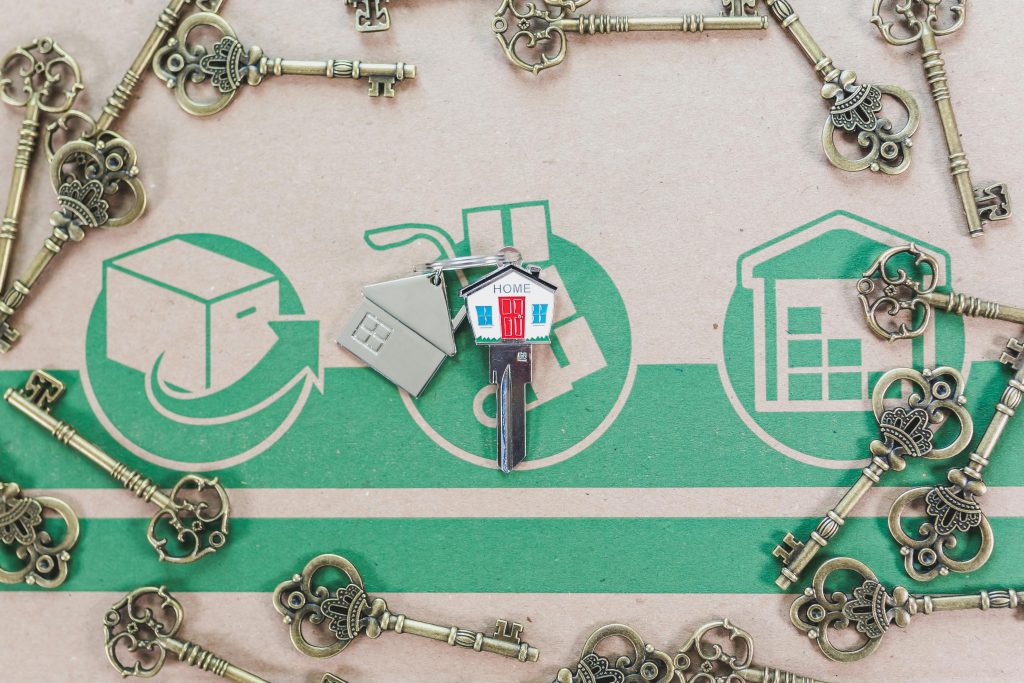
Navigating the South African Property Market: Challenges, Opportunities, and Future Outlook
The South African property market has faced a mix of challenges and opportunities in recent years. While rising interest rates and economic uncertainty have made some buyers more cautious, there are still significant opportunities, especially in suburban and rural areas.
The South African property market has faced a mix of challenges and opportunities in recent years. While rising interest rates and economic uncertainty have made some buyers more cautious, there are still significant opportunities, especially in suburban and rural areas. Affordable housing segments continue to attract attention, with buyers and investors staying active, despite the challenges.
Whether it’s a good time to buy property largely depends on your personal situation and the specific market you’re interested in. With interest rates higher than before, mortgage repayments have increased, making some areas less affordable. However, there are still plenty of opportunities for first-time buyers and those interested in the affordable housing market. It’s important to think about long-term investment goals and the areas that suit your needs.
Several factors affect property prices in South Africa, including interest rates, economic growth, supply and demand, and political stability. Cities like Cape Town, Johannesburg, and Pretoria generally have higher demand, which can push prices up compared to smaller towns or rural regions. Regional differences play a significant role in determining property prices across the country.
Interest rates are a key factor affecting the affordability of property. As the Reserve Bank has raised interest rates to tackle inflation, homebuyers and investors are facing higher monthly repayments. This can slow demand in some areas, but lower property prices in certain markets may still present attractive opportunities for some buyers.
The best areas to invest in property depend largely on your goals. Major cities like Cape Town, Johannesburg, and Pretoria are still in high demand, but there’s a growing interest in emerging areas and suburbs. Coastal towns in the Eastern and Western Cape are also becoming popular for holiday homes and retirement properties. With the rise of remote work, locations outside major cities are also gaining appeal.
The rental market in South Africa has faced challenges, particularly due to economic pressures. However, there is still strong demand in urban centers and for affordable housing. Areas close to business hubs and universities continue to see steady rental demand, while some landlords in other regions may face higher vacancy rates.
The commercial property market has been affected by changing work habits, particularly remote and hybrid working models. While demand for office space has softened in some areas, opportunities remain in sectors like logistics, warehousing, and retail properties, especially in well-located regions. Investors are becoming more selective, focusing on properties that cater to the needs of modern businesses.
The South African government supports property ownership with various incentives, especially for first-time buyers. Programs like the Finance Linked Individual Subsidy Programme (FLISP) provide assistance, and there are also tax incentives for property investors. However, buyers and investors should be mindful of capital gains tax and other regulations that can impact returns.
Foreign investment remains a significant factor in South Africa’s property market, particularly in major cities and tourist destinations. Despite some restrictions, foreigners can purchase property in the country, and many are drawn to South Africa’s diverse property options and favourable exchange rates.
However, the property market also faces challenges, including economic instability, rising interest rates, and high unemployment. These factors have made property less affordable for many South Africans. Political uncertainty, slow economic growth, and high inflation further complicate the outlook, affecting demand and investment opportunities.
Selling property in South Africa involves listing your property with a real estate agent, preparing the necessary legal documents, and negotiating a sale price. Sellers must also be aware of their tax obligations, including capital gains tax. A knowledgeable agent can help guide you through the process and ensure a smooth transaction.
For South African families, the property market plays a crucial role in shaping long-term financial security. Owning a home is an important investment for many families, but rising prices and higher interest rates have made homeownership more challenging, particularly for first-time buyers.
The COVID-19 pandemic initially slowed the property market, but it has since shown signs of recovery. Remote work has led to increased demand for homes with more space, particularly in suburban and rural areas. Buyers are also showing a preference for properties with better access to amenities and outdoor spaces.
First-time homebuyers should carefully evaluate their financial situation and ensure they are prepared for the ongoing costs of homeownership. Securing pre-approval for a mortgage is essential to understanding your budget before beginning the property search. It’s also important to choose a location and property type that suits your current and future needs.
The future of the property market in South Africa largely depends on broader economic factors, including inflation, interest rates, and political stability. While challenges remain, there are positive signs in certain areas, such as growing rental demand in key urban centers and increasing interest in suburban and rural locations. With a focus on sustainable growth, the property market is expected to recover gradually.
